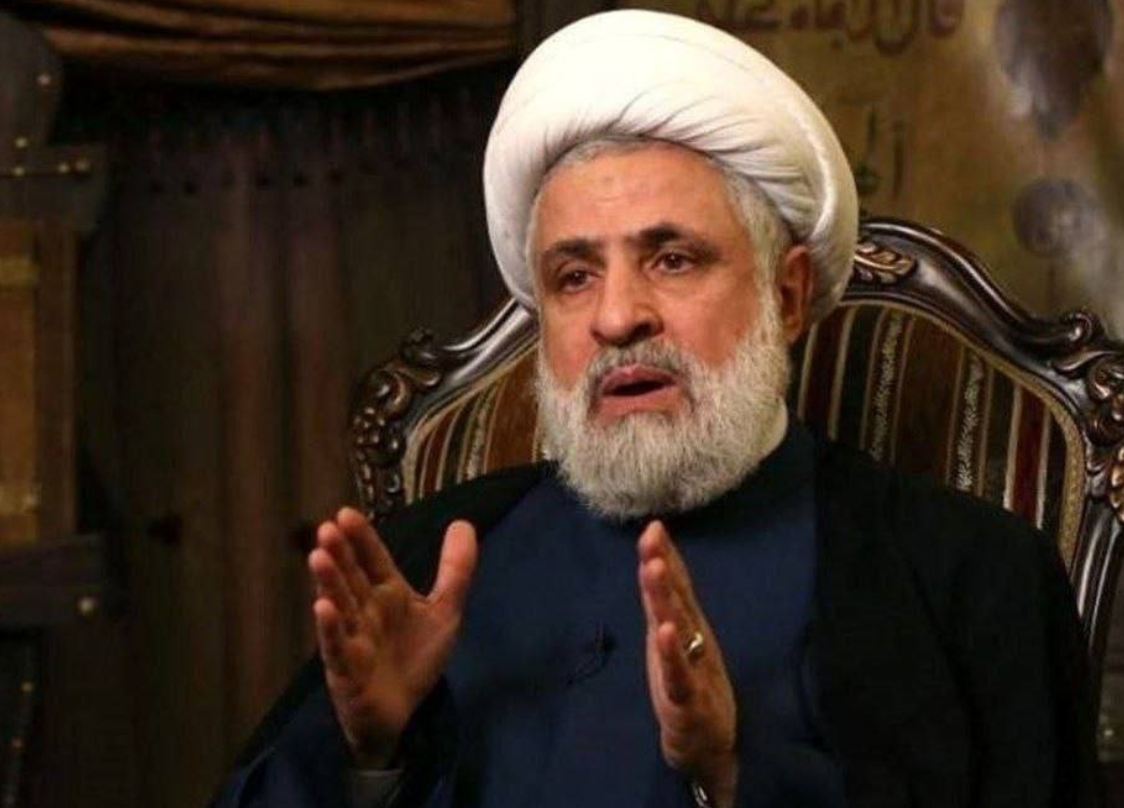Hezbollah Gives Complete Support to Iran:Lebanese group Hezbollah has pledged full support to Iran amid escalating tensions with Israel and the US. Hezbollah leader Sheikh Naim Qassem defended Iran’s nuclear program, criticized US President Trump, and warned of consequences if threats continue. Meanwhile, the US envoy warned Hezbollah against joining the war, raising fears of wider regional conflict.
Hezbollah Gives Complete Support to Iran in Growing Conflict Against Israel
Amid rising tensions in West Asia, Lebanese armed group Hezbollah has made a decisive declaration of support for Iran, as reported by the Jerusalem Post. The group announced that it would offer full backing to Iran in its ongoing conflict with Israel and the United States, stating that it would act as it sees fit in the unfolding situation. This strong show of allegiance comes at a time when the region is already grappling with escalating hostilities.
In a speech delivered on Thursday, Hezbollah’s leader Sheikh Naim Qassem made a series of bold statements defending Iran and criticizing the United States. Qassem categorically pledged “all forms of support” to Iran, signaling Hezbollah’s readiness to involve itself directly if necessary. His speech highlighted Iran’s nuclear program, portraying it as a purely peaceful initiative intended to serve the Iranian people and contribute to regional scientific advancement.
“The nuclear program does not harm anyone in the slightest way; rather it represents a great scientific contribution to the advancement of Iran and the region,” Qassem emphasized. He stressed that Iran’s nuclear efforts are being pursued independently, without foreign control or interference, further underscoring Iran’s commitment to self-reliance.
In addition to supporting Iran’s nuclear program, the Hezbollah leader launched a scathing attack on U.S. President Donald Trump. Qassem condemned Trump for issuing threats to strike Iran, accusing the United States of leading the entire West Asian region into chaos and instability. According to Qassem, it is Washington’s aggressive policies that have destabilized the region, not Iran’s defensive measures. He asserted that Iran has every right to defend itself against external threats and interventions.
While Hezbollah’s support for Iran is unambiguous, the United States has responded with caution and warning. U.S. Special Envoy for Turkey and Syria, Thomas Barrick, addressed the situation directly, cautioning Hezbollah against escalating the conflict. According to the Jerusalem Post, Barrick warned that Hezbollah joining the war would be a “very bad decision,” highlighting the potential for broader regional conflict should the group become directly involved.
This announcement by Hezbollah adds a new layer of complexity to the already volatile dynamics in West Asia. The possibility of Hezbollah entering the conflict raises serious concerns about the risk of a wider war, potentially involving Lebanon and drawing in additional regional and global powers. The developments underscore the fragile state of international relations in the region, where any further provocation could trigger a large-scale confrontation.
As tensions mount, the world remains watchful, awaiting the next moves from the key players involved. The coming days and weeks will be critical in determining whether diplomatic channels can prevent further escalation or if the conflict will spiral into a broader regional war with devastating consequences.

